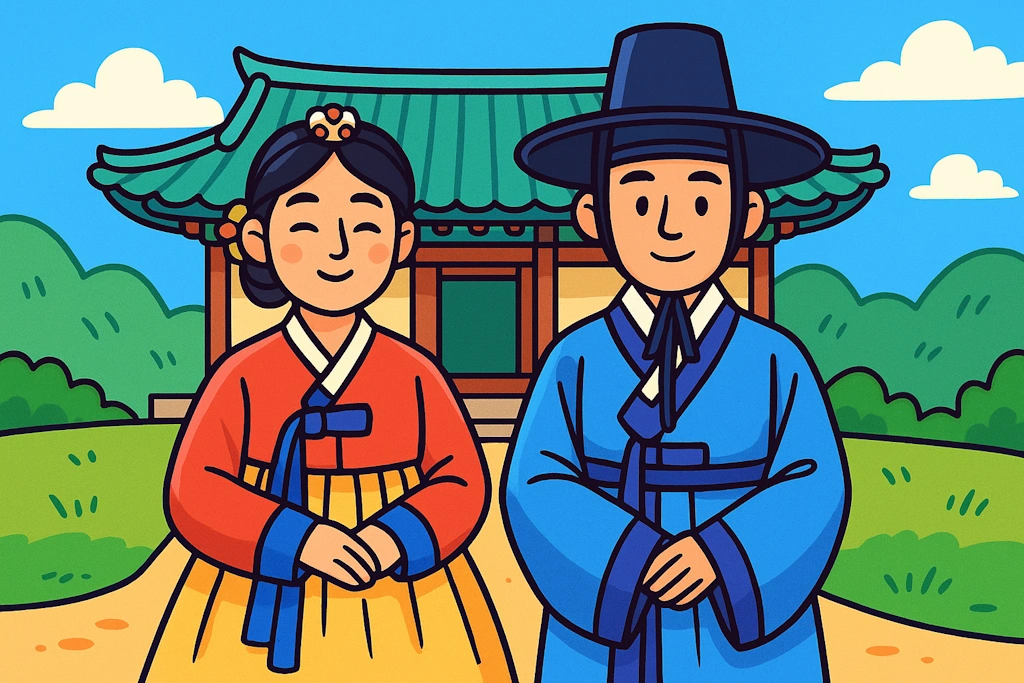🇰🇷Korean Names(Existing Male)
Generate authentic Korean names reflecting centuries of Korean culture and Confucian traditions.
Choose your style:

Korean Names
Generate authentic Korean names reflecting centuries of Korean culture and Confucian traditions.
Example Korean Names
Get inspired by these sample results
- Park Ji-hoon
- Kim Min-ji
- Lee Seung-woo
- Choi Hye-jin
- Jung Tae-hyung
- Song Ji-eun
- Kang Min-ho
- Yoon So-young

